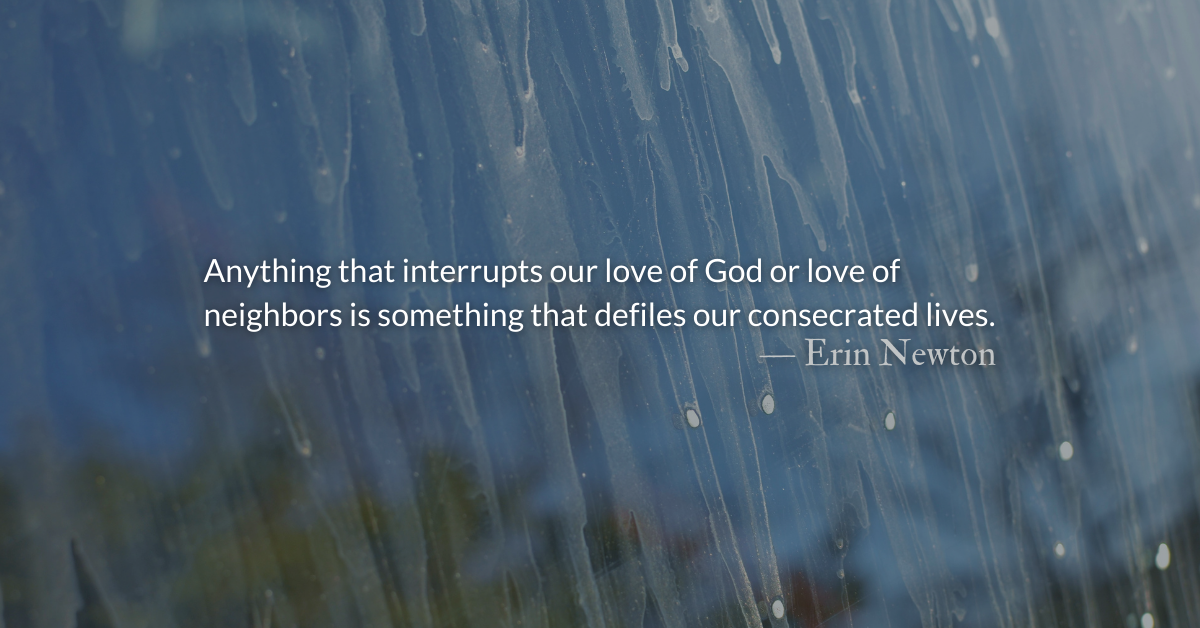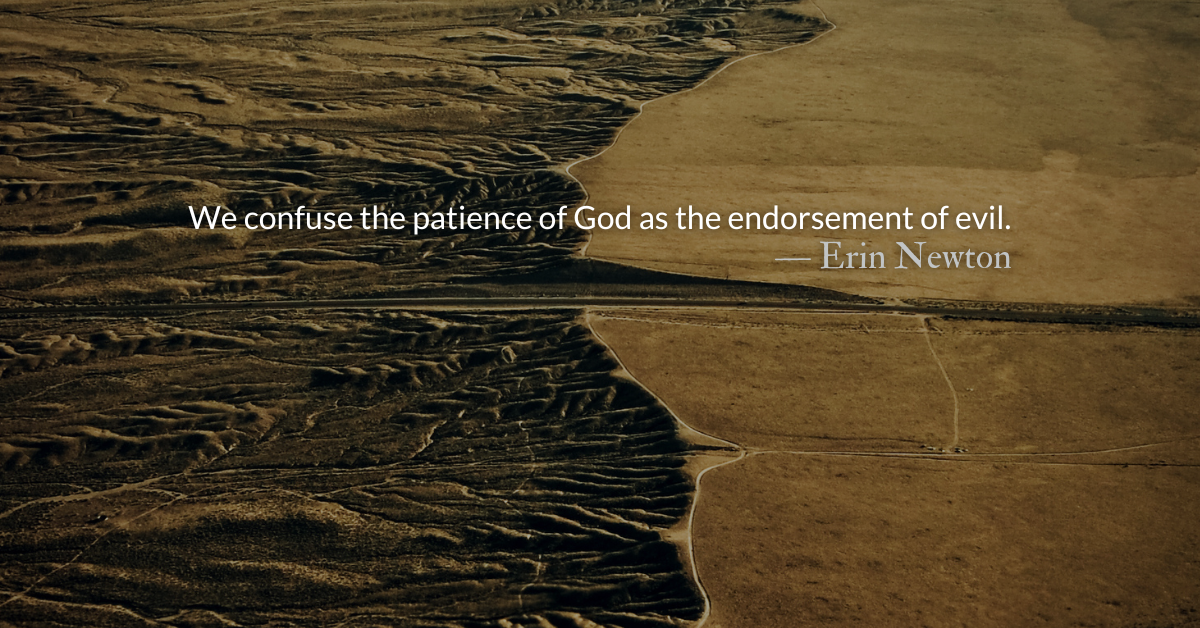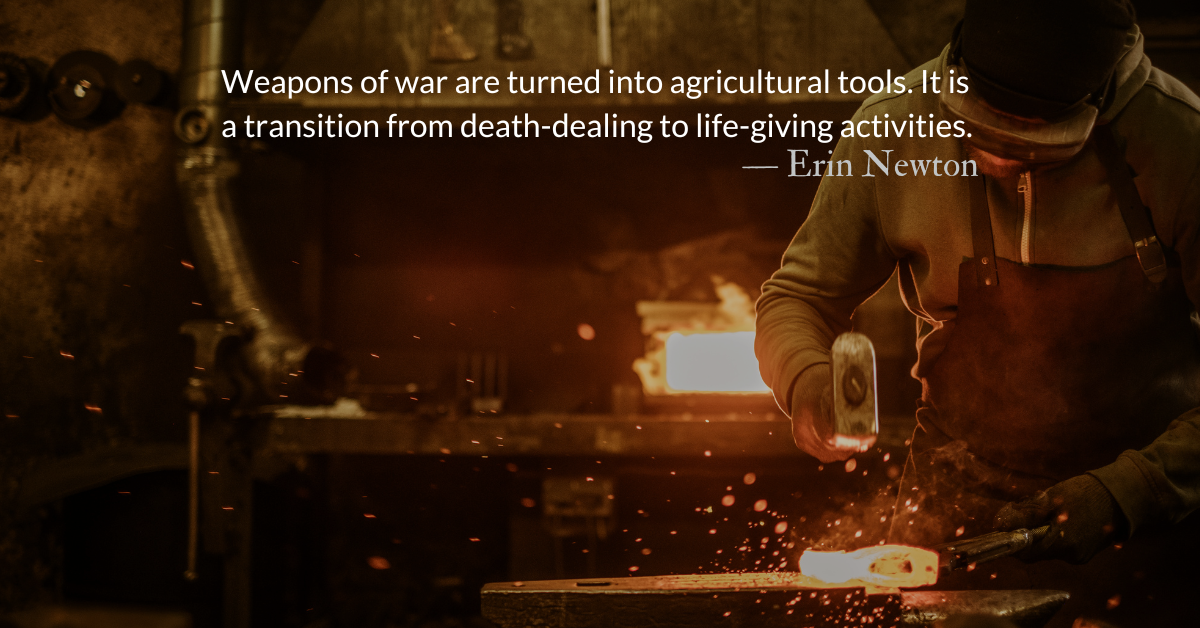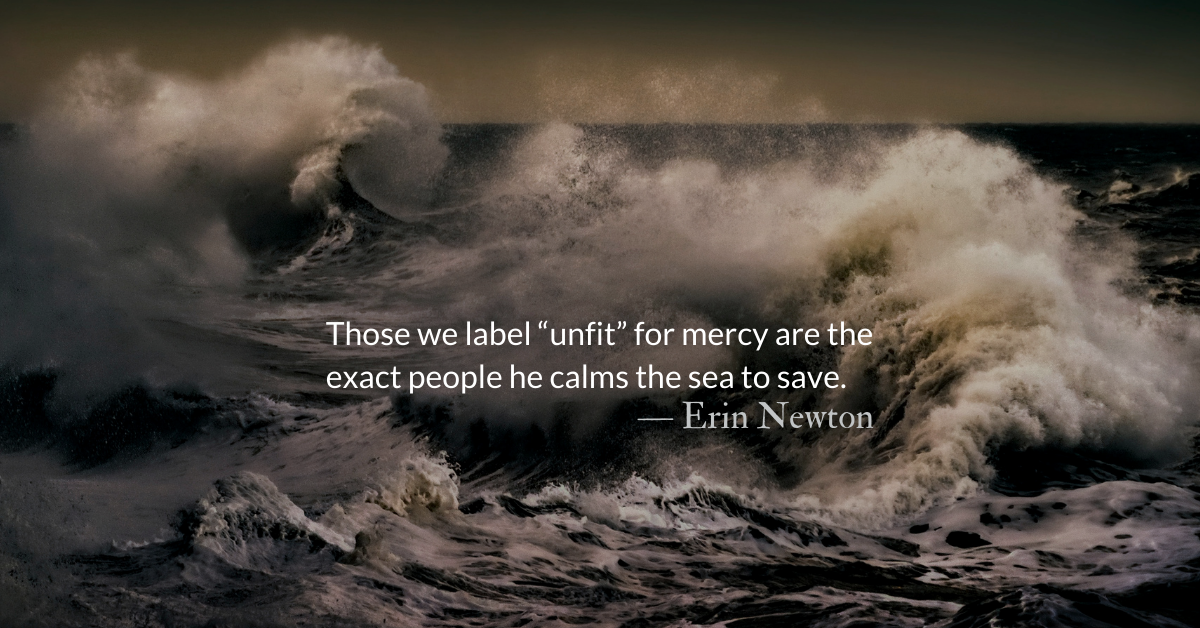Scripture Focus: Zechariah 7.8-10
8 And the word of the Lord came again to Zechariah: 9 “This is what the Lord Almighty said: ‘Administer true justice; show mercy and compassion to one another. 10 Do not oppress the widow or the fatherless, the foreigner or the poor. Do not plot evil against each other.’
Reflection: Religious Motivation
By Erin Newton
When I was younger, I would often volunteer at church in areas where I knew I would be seen. The cliché in my mind would repeat: Better a low motive than no motive. It was meant to compliment someone for doing a good thing even if their motive was tainted.
Honestly, that’s not really a good compliment. Maybe it would be better to say, “Better no motive than a false motive,” when it comes to the spiritual disciplines and religious acts we perform in the name of Jesus.
After the series of night visions, the book of Zechariah pivots as the word of the Lord comes to answer a question posed to the priests. For 70 years, the people had fasted and mourned in remembrance of the fifth month when Jerusalem was burned and the seventh month when Gedaliah was assassinated. Should they keep up that practice?
The reply was like a double-edged sword that cut to the core of their motives. “…was it really for me that you fasted?” They had been performing with a low motive all along.
God’s people are always at risk of turning their worship or ministry into religious tokens and mere lip service. On paper, everything looks right. We pray. We read our Bibles. We attend church once a week. We tithe exactly 10.00%. We avoid stealing, adultery, or murder (you know, the “big” ones). If we tested our Christianity with a grading rubric, we might arrogantly check all the boxes and mark ourselves, “Passed.”
In Zechariah, God redirects their hearts. As C. Hassell Bullock said, “Rather than well-ordered ritual, he urges the practice of justice and compassion and the care of the widow, orphan, and alien.”
Everything seems to abide by a rule book. We have laws that govern our cities. Application processes for jobs or classes. Even tax forms have some instructions to help us. We want our Christian lives to be equally regulated.
It is no easy task to live the Christian life properly. Upholding justice while granting compassion can be difficult. We are supposed to liberate widows and orphans, not oppress them. We are called to bring advantage and favor to the poor and the foreigner, not ensure their separation from us.
There are general ways to ensure we fulfill some of this call. But the heart must lead the way. What motives lead your heart? Are they of God?
Divine Hours Prayer: The Refrain for the Morning Lessons
Gracious and upright is the Lord; therefore he teaches sinners in his way. — Psalm 25.7
Today’s Readings
Zechariah 7 (Listen – 1:57)
Matthew 4 (Listen – 3:09)
Read more about Choices and Hard Hearts
Softening your heart is something that occurs not in one single moment, but rather through a lifelong process.
Read more about Hope for Hypocrites
When I examine my own heart, I am confronted with the reality that my motivations are often wrong.






